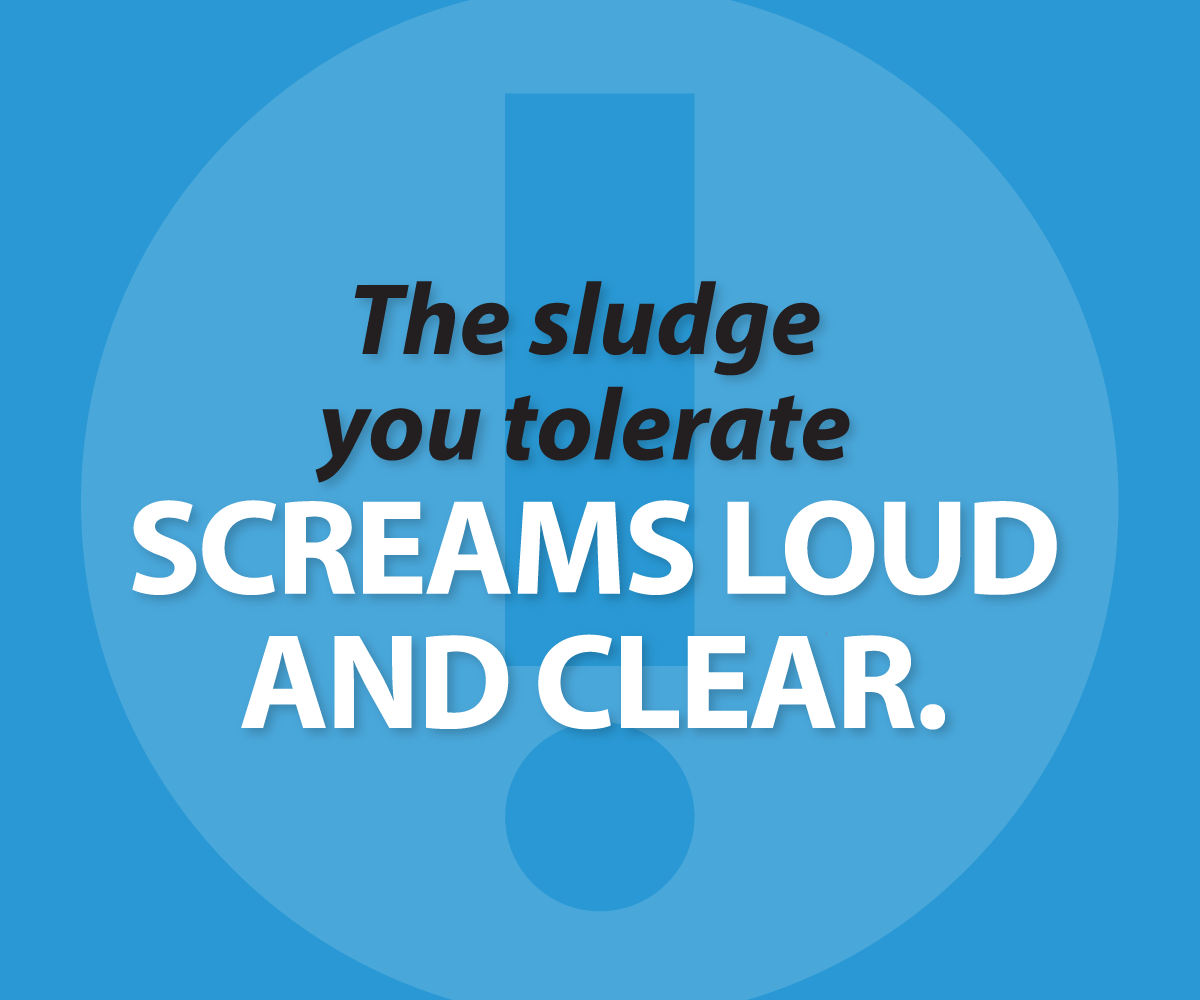
Is your sludge unintentional or intentional?
Sludge in an organization is anything that gets in the way. Sludge creates friction and frustration, slows things down, and makes it harder to get things done. As I’ve said before, the Sludge Monster is a dangerous beast infesting far too many credit unions.
Since I’m something of a sludge scholar, I was very interested in this article from Behavioral Scientist on “Intentional and Unintentional Sludge“, where the authors discuss the differences between intentional and unintentional sludge — and the vast gray areas between.
Unintentional sludge often feels intentional
To give just one common example of credit union sludge, what does it say about your credit union when someone taps “Apply Now” and is confronted with answering 347 nosy questions in a form that doesn’t work on their phone anyway?
Sludge like this is not just inconvenient or annoying. It’s 2020, and your members know for a fact things don’t have to be this way. So the only conclusion is that someone meant for this sludge to be there.
Whether or not it really was intentional sludge (it rarely is), it sure feels intentional – like someone doesn’t really want that member to ever get a loan. And that multiplies the frustration and negative emotions.
Sludge screams
Sludge, especially sludge perceived as intentional, causes frustration, doubt, shame, and all sorts of negative emotions. And that means, whether you want it to or not, the sludge you tolerate carries a loud and clear message about your brand and your true priorities.
Of course, some sludge is inevitable. Regulations add a certain amount of sludge, like long disclosures. And then there’s protective sludge like some anti-fraud measures. These normally aren’t all that offensive, just annoying.
It’s important to be deliberate and mindful about the sludge you decide to keep around. Pay attention to the emotional baggage, and how sludge affects behavior.
Manage the sludge you can’t clean up right away
Of course, you can’t snap your fingers and magic up a frictionless member experience overnight. But you can manage the emotions and expectations around your sludge to limit the damage.
In that example of the nightmare loan app, it shouldn’t be hard to whip up a landing page explaining everything people will need to complete the form, and what they can expect once it’s submitted. What information will they need, do they need to fill it out on a computer and not a phone, and how long will it take?
You could even offer some simple explanations of why you need certain info, and friendly encouragement. When people know what to expect, sludge doesn’t feel as personal or negative.
- How to keep your credit union’s website clean and member-focused - July 1, 2025
- Credit union website analytics: mysteries we can’t explain - June 4, 2025
- Five shocking things you didn’t know about credit union websites - May 20, 2025
